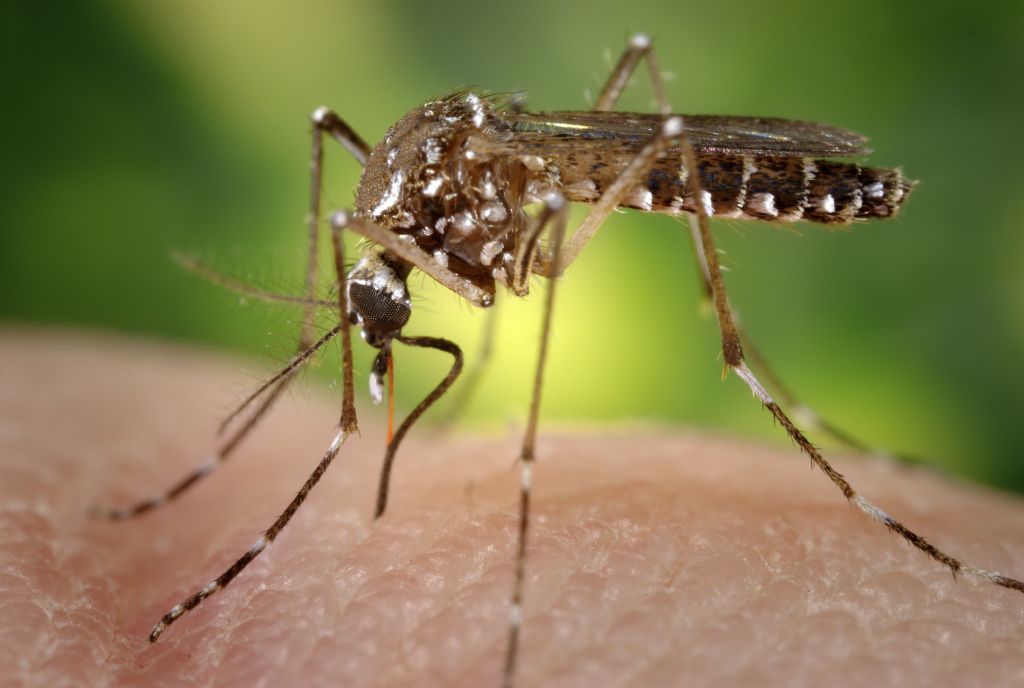For Brazilians, getting a mosquito bite could turn into much more than an itchy bump for a week; it could transmit the Zika virus that has been ravaging South America and the Caribbean for almost two years. The bug to blame, the Aedes aegypti mosquito, only lives and thrives in tropical and subtropical parts of the world, which means Brazil is in for it. The virus itself is not a horrendous health threat to a someone who does not plan on becoming pregnant, but if the infected woman is already carrying, then there is a massive risk of her unborn child suffering from microcephaly, a devastating neurodevelopmental disorder that causes a fetus’ head to stop developing so that the brain pushes against the cranial walls and creates massive developmental issues. Hence the absolute panic in Brazil, a country which has seen the largest Zika outbreak as compared with the rest of the world. Infected Brazilians, along with their South American and Caribbean neighbors, aren’t necessarily worried for themselves, but rather for their their unborn children (because the only huge problem Zika causes is a major birth defect in fetuses, otherwise its just a rash and flue-like symptoms) because Zika has a pretty strong, but unproven, link to microcephaly.
As bad as Zika seems, it gets worse.
The mosquitos prefer warm and humid areas, so the slums of Brazil make the perfect home for a mosquito couple to breed. Women who live in the country’s slums are also more at risk because they cannot afford the amenities to protect themselves. Although an air conditioning unit or even a window screen could foreseeably lower the risk of being bitten by a mosquito carrying the virus, this is a privilege not many women in the region can afford.
Insect-repellent is another option, but we can’t forget that cities like São Paulo don’t have a CVS on every other block, being able to buy bug spray isn’t exactly an easy errand. The only stores that still carry repellent are usually fishing stores, but the storeowners, realizing they are the best hope for protecting Brazil’s unborn children, have raised prices so high that the desperate women can’t afford it. The situation has certainly gotten desperate, which is why some people are turning to DDT, a pesticide that isn’t even allowed in the U.S. because it was found to be responsible for poisoning wildlife, the environment and human health.
The Brazilian government has officially promised to at least try to protect its people by providing insect repellent to low-income women and by deploying its Armed Forces to fight this war against the mosquitos. It’s a little unclear how the Armed Forces will battle an army of mosquitos, but Brazilian President Dilma Rousseff seems confident in her shaky plan. Even if her plan does take affect, there’s no way it can be fully successful since there is no cure for Zika or microcephaly. And because there is no official link between the two, there are more than one mediums through which Zika is spread such as sexual contact, urine and saliva. In more than one case, the virus has been spread the same way STDs do: through any exchange of bodily fluids. The Brazilian government has urged people to limit kissing.
Luckily, the World Health Organization (WHO) has begun to address the matter into their own framework of responsibilities by declaring a public health emergency in the region. But even so, there’s not much they can do because there is no vaccine on the horizon. Even if there was, “WHO officials say it could be six to nine months before science proves or disproves any connection between the virus and babies born in Brazil or elsewhere with abnormally small heads.” Whether or not this information makes the situation more or less dire is unclear, but the WHO is currently trying to figure it out. If Zika is not, in fact, linked to microcephaly, does the search for an eradication of the virus end? If Zika does not wreak havoc on fetus’ development then all Zika is is rash and flu-like symptoms that go away within a month.
These are the types of questions that panicking mothers-to-be have been asking since 2014 when the outbreak began. The only advice public health officials can offer pregnant women is to wear long sleeves and long pants, which isn’t amazing advice to begin with, but it’s especially bad during the muggy and hot Brazilian summers.
The purpose of the public emergency declaration was to get out an international SOS, which it did, but other than raise awareness, there doesn’t seem to be a clear and effective solution.
The Brazilian government is responding too slowly to a virus that is destroying people’s lives before they are even born.
Jessica Cherner is a College senior from Bethesda, Maryland.





